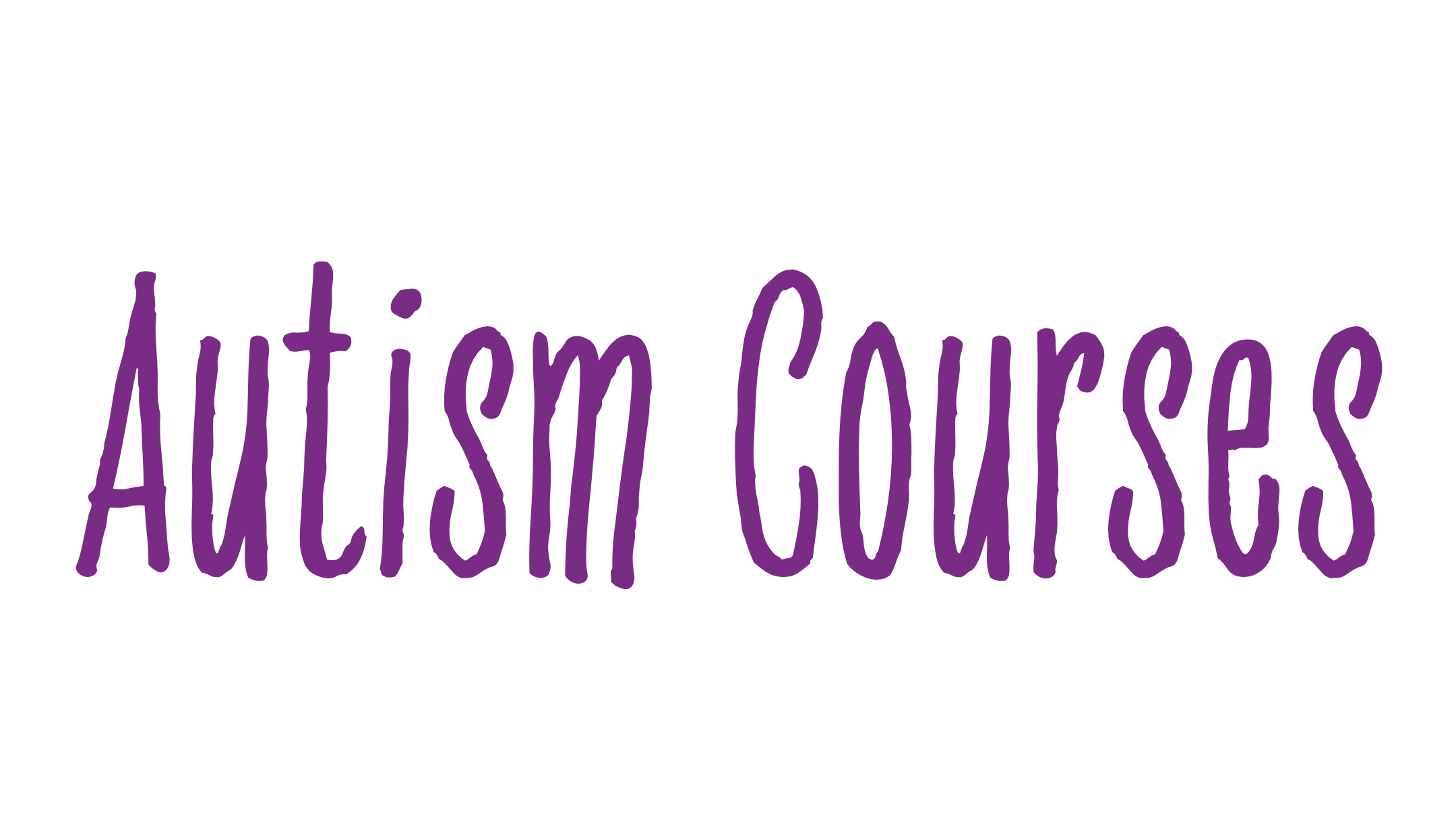


Immediately-actionable systems, strategies, and approaches
Digestible, go-at-your-own-pace neurodivergence-aligned, neurodiversity-affirming courses built from a deep understanding of and respect for the autistic experience, nervous system, psyche, brain, and mental/emotional health.
Get help with meltdowns, anxiety, extreme/explosive behaviors, language development, conflict and communication with your highly verbal child/adult, creating a sense of safety, and unblocking learning/communication.
Free Resource
"SSS: Stop Stopping Stims!"
Get a copy of our white paper "Autism - Stop Stopping Stims: Why Stims Are Important (and Beautiful!)" by entering your name and email address below.
We will send it to you via email!
The Autism Courses approach is created and practiced by renowned neurodivergent authors, seminar leaders, and lecturers Kate C. Wilde and Raun K. Kaufman, with well over half a century of combined experience with parents like you and children/adults like yours – is built upon the understanding that autistic children and adults have to feel safe… to connect.
Learn more about Kate C. Wilde and Raun K. Kaufman ➛
People on the autism spectrum must first feel safe in order to communicate, learn, socialize, self-regulate, express emotions, try something new, be more flexible, participate in an activity, and reach out and embrace you and others.


Autism Crisis Lifeline
Get quick, first-step help with meltdowns, high anxiety, and extreme/explosive behaviors through a combination of recorded lectures, informational slides, and worksheets to fill out between the lectures.
Discover the 7 causes of meltdowns, anxiety, and near-meltdowns. Get the first step to eliminating Crisis Intensifiers. (You can’t put out the fire when there are dozens of sparks igniting it.)
Most important: Learn the 3 Lifeline Launchers to immediately lower the temperature. Note: This mini-course works best as a precursor to the ACT live rescue course, but it can also be taken on its own.
learn more ➛The 3 Autism Neuro-States
Unblocking Learning, Communication, and Connection
If you have ever wondered why your loved one is sometimes responsive and sometimes not, where stims come from, why your child/adult seems to have a particular skill or understanding on one day but not on another, and when the best time is to engage, play with, or teach them, then join us for this vitally important mini-workshop.
Once you understand your loved one’s three neuro-states, the answer to these questions becomes clear.
We’ll show you how to adjust the way you interact with your loved one based on the neuro-state they’re in so that you can enhance your relationship with them, help shift them out of fight-or-flight survival mode, interact with them without upsetting them, reduce anxiety, and enable them to be open and receptive to the things that you and others are endeavoring to teach and show them.
learn more ➛

Autism
Making the Leap from Sounds to Words
Do you love or work with someone on the autism spectrum who makes sounds but does not (reliably) use spoken words to communicate?
We will show you, step by step, how to ignite language lift-off – without pushing or pressuring. If you want help turning sounds into words and single words into two-word phrases, this is the mini-workshop for you.
Gain the tools to use your loved one’s interests to inspire language-based communication, enable them to surmount any frustration they may be experiencing, address echolalia (while honoring it), and remove hidden obstacles to speech.
learn more ➛Autism
Defuse Inflammatory Statements, Desires, and Decisions with Your Highly Verbal Loved One
If you are the parent of a teen, a tween, or an adult on the autism spectrum, and you struggle with various things that your loved one says when they assert something they think (“You’re stupid!”, “All teachers suck!”) or want (“I want to punch him in the face!”, “I’m going to break into that store!”), then this is the mini-workshop for you.
It will take you through a new and much more effective and productive approach to these issues and confrontations called Taxi Driver Decisional Assistance.
We’ll show you how to give your loved one a way to work through the social and other consequences of potential decisions using a conflict-free analogy and discussion style that gives them nothing to push against or rebel against.
learn more ➛
